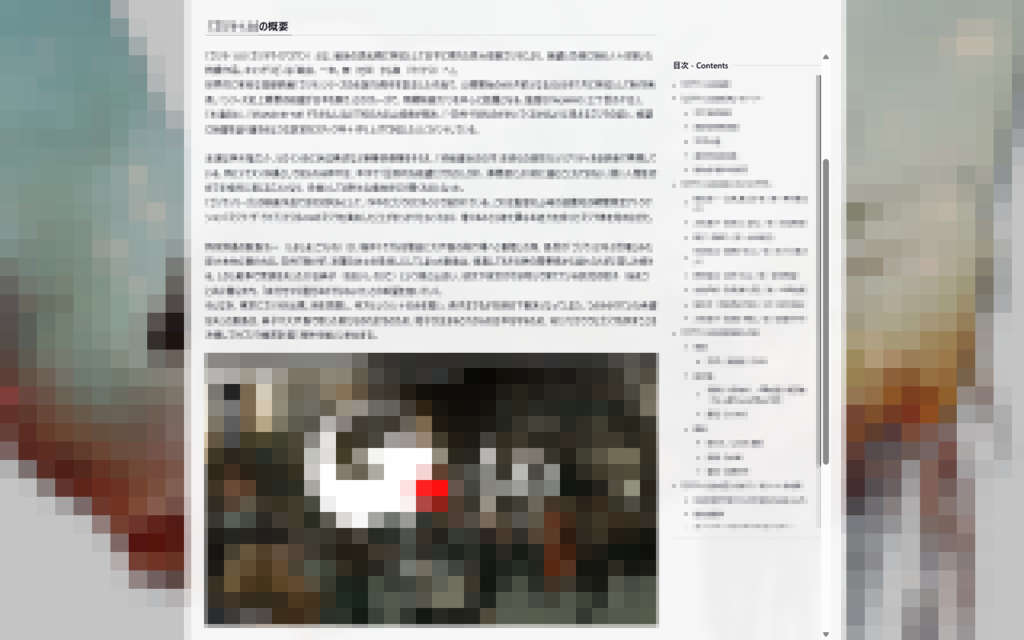On October 29, 2024, the Miyagi Prefectural Police Headquarters and the Tome Police Station arrested three individuals, including a male business owner residing in Shibuya, Tokyo, on suspicion of copyright infringement. The suspects allegedly transcribed the entire storyline of copyrighted works, such as movies, without permission from the rights holders, and published the transcriptions along with related images as articles on their site, referred to here as Site A. This is the first known arrest in Japan related to the operation of a text extraction site focused on movies.
Between January 2023 and February 2024, the suspects transcribed detailed descriptions of storylines, including character names, dialogue, actions, settings, and scene developments, from copyrighted works without permission from rights holders, such as TOHO CO., LTD.’s film Godzilla-1.0 and KADOKAWA CORPORATION’s anime Overlord III. They published these transcriptions alongside related images on their site, earning illegal advertising revenue.
This case came to light after an investigation by the Miyagi Prefectural Police, during which CODA compiled and submitted information on affected rights holders, leading to this crackdown. The police investigation revealed that the business owner and an employee conspired to engage in organized copyright infringement, running the site for profit and attracting significant traffic.

Many sites that extract text from movies and other media have been identified in the past, often viewed as “spoiler sites” and recognized as problematic. Although these sites may appear to be a milder form of infringement than piracy sites or unauthorized uploads of the original content, the scope of these activities exceeds fair use and constitutes clear copyright infringement—a serious offense.
The primary issue with text extraction sites for movies and other works is that they reduce consumers’ willingness to pay for legitimate content, discouraging viewership of official releases and inflicting significant harm on rights holders. The unlawful gain of advertising revenue through the exploitation of content that creators have invested time, effort, and resources into is an especially egregious act and cannot be tolerated.
Moving forward, CODA will closely monitor the details of this case as they are revealed through further investigation and criminal trials. CODA remains committed to ensuring proper copyright protection and implementing effective countermeasures against similar sites.
This activity was part of a project entrusted from the Ministry of Economy, Trade and Industry.
ーーーーーーーーーーーーーーー
About CODA
CODA (Content Overseas Distribution Association) was established in 2002 at the call of the Ministry of Economy, Trade and Industry and the Agency for Cultural Affairs to promote the overseas development of Japanese content and take anti-piracy measures. Japan’s proud content, including music, movies, anime, broadcast programs, video games, and publishing, plays an important role in enhancing the nation’s international presence and economic growth. As digital technology becomes more widespread, it is even more significant to protect Japan’s content from increasingly artful copyright infringement and promote the content industry’s development. CODA contributes to the deterrence and detection of online and other piracy, by sharing knowledge with relevant government agencies, organizations, and companies in Japan and abroad, to engage in direct and indirect anti-piracy measures, as well as public relations activities. Visit https://coda-cj.jp/en/activity/ for more information on CODA’s projects.
